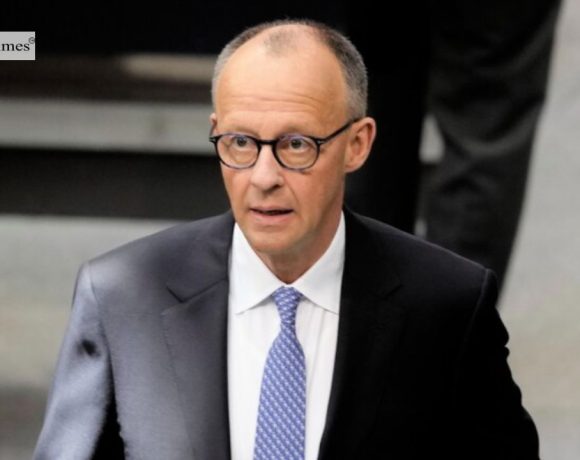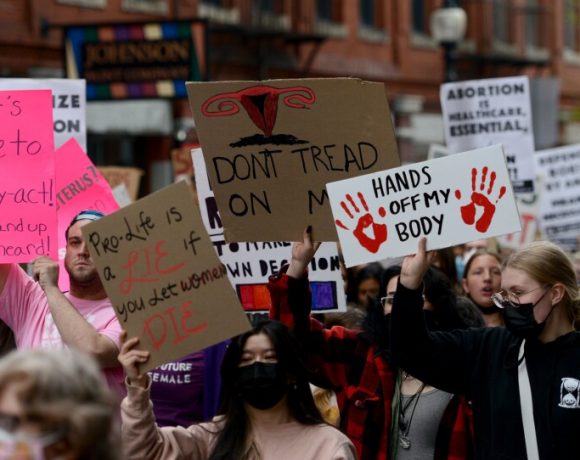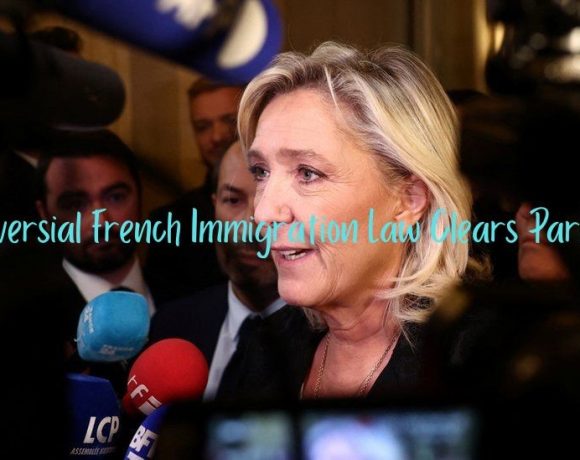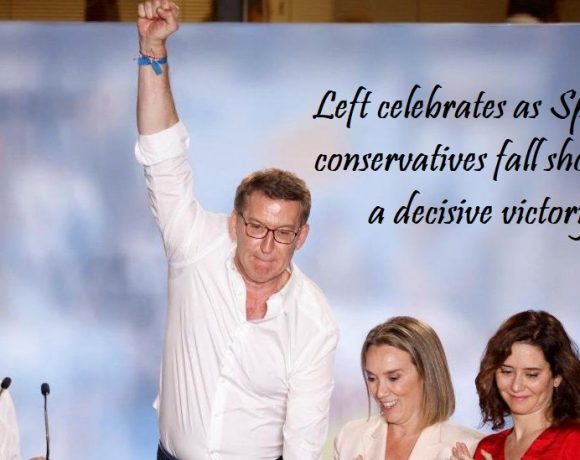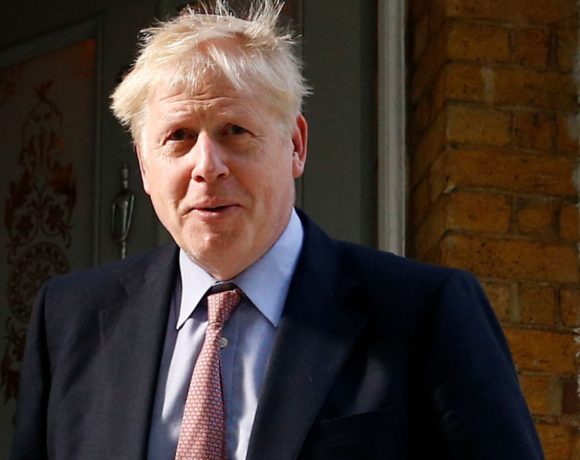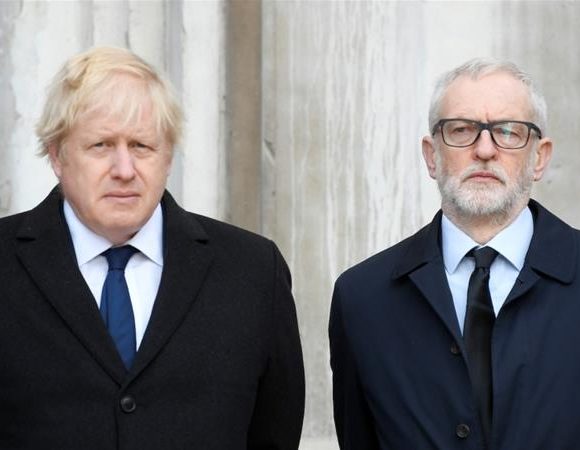
Germany’s Social Democratic Party (SPD) has proposed sweeping changes to inheritance tax rules, setting up a fresh dispute with its conservative coalition partner. The reforms aim to make the system fairer by increasing taxes on large estates while easing the burden on smaller inheritances, just as the government faces several important regional elections this year.
While both the SPD and Chancellor Friedrich Merz’s conservative bloc agree on the need for tax relief to revive the weak economy, they strongly disagree on how to achieve it. The disagreement adds to growing tensions within the coalition, reinforcing public perceptions of a divided and slow-moving government at a time when voters are demanding clear economic direction.
Under the SPD plan, heirs would be able to inherit up to around one million euros tax-free, and family homes would remain exempt if the heir continues to live there. Family businesses would receive allowances of about five million euros, but larger firms would face higher taxes — a move strongly opposed by conservatives, who warn it could hurt Germany’s small and medium-sized companies.
Pic courtesy: google/ images are subject to copyright

